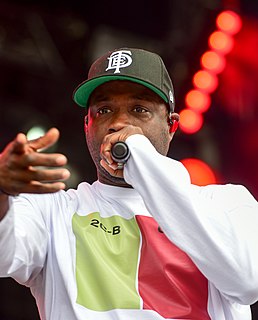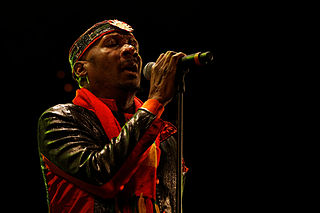A Quote by Jay Rock
Related Quotes
I went to this arts high school in Greenville, S.C. In speech class, the teacher, a white man, would say, 'You're talking ghetto. Don't talk ghetto.' I'm not only offended, but I'm confused because while there's nothing wrong with people who come from the projects or the ghetto, that's actually not my experience.
As I ran for president, I hoped that one child would come out of the ghetto like I did, could look at me walk across the stage with governors and senators and know they didn't have to be a drug dealer, they didn't have to be a hoodlum, they didn't have to be a gangster. They could stand up from a broken home, on welfare, and they could run for president of the United States.
I hope there will be no effort to put up a shaft or any monument of that sort in memory of me or of the other women who have giventhemselves to our work. The best kind of a memorial would be a school where girls could be taught everything useful that would help them to earn an honorable livelihood; where they could learn to do anything they were capable of, just as boys can. I would like to have lived to see such a school as that in every great city of the United States.
We could go back," he said. In the dome light of the car, his face looked hard as stone. "We could go back to your house. I can stay with you always. We can know each other's bodies in every way, night after night. I could love you." His nostrils flared, and he looked suddenly proud. "I could work. You would not be poor. I would help you." "Sounds like a marriage," I said, trying to lighten the atmosphere. But my voice was too shaky. "Yes," he said.


































